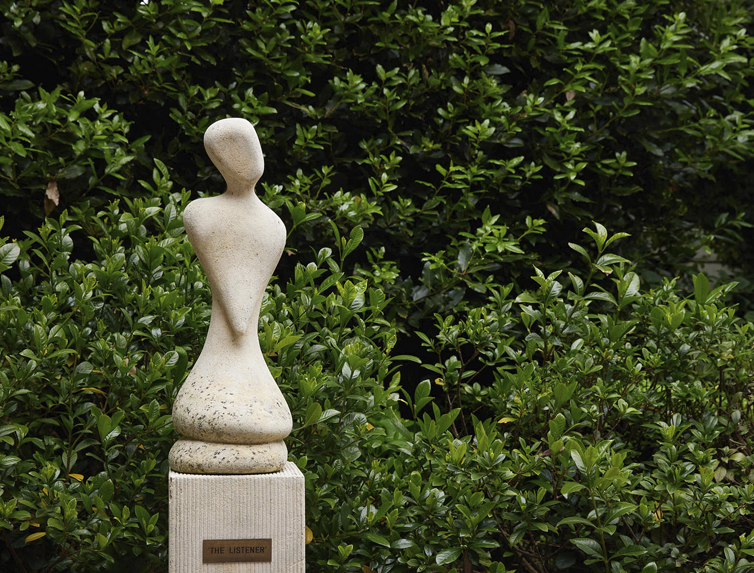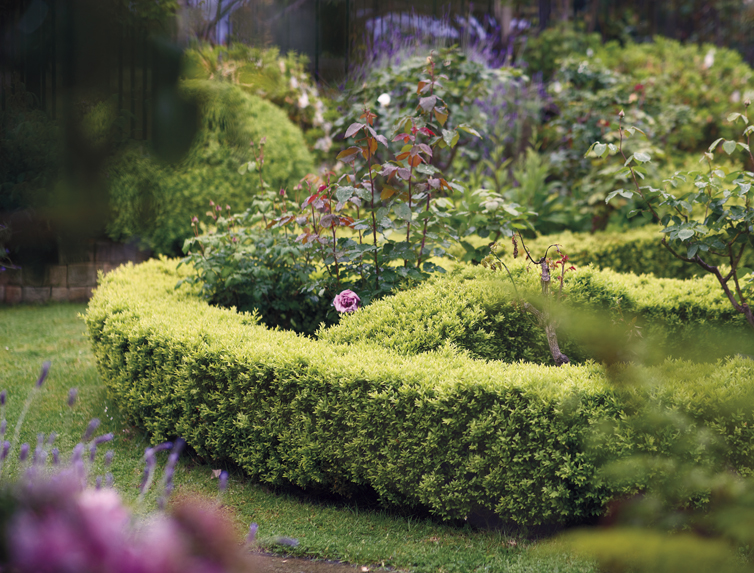
The admission process
The best way to start your Lynden admission is to visit us for a tour. This is a great way for us to understand your loved one’s needs, so we can make your tour as relevant as possible. After that, it’s just three steps.
Book your tour
- Step 1:
After your tour, the next step is to arrange for an assessment and report by the Aged Care Assessment Service (ACAS). Assessments are free of charge and can be arranged by referral from your doctor or by contacting your local ACAS team directly via myagedcare.gov.au or on 1800 200 422. Once the prospective resident has been assessed and provided with an ACAT report, we can take the next step toward admission. - Step 2:
Take a Centrelink Assessment. This assessment considers assets and income and can be obtained from the Centrelink Office. - Step 3:
Join us to discuss accommodation and care options. This is when we evaluate your requirements and help you to make the necessary financial arrangements – as simply and clearly as possible. (To save time, download and complete the admission form prior to your visit.)
Frequently asked questions
Enlarge All-
What is residential aged care?
Residential aged care is for senior Australians who can no longer live independently at home. Previously known as nursing homes, residential aged care provides accommodation, nursing and personalised care 24 hours a day, supporting residents to maintain their independence as much as possible, while providing assistance with continence management, mobility and medication administration.
-
What is the entry process?
Entry to residential aged care is based on a person’s need for care and requires assessment by an Aged Care Assessment Team (ACAT). The My Aged Care website provides information on organising an assessment here.
-
Who is eligible for residential aged care?
The Basic Daily Care Fee, which is set by government, is paid by every resident and contributes to their care and living expenses. Depending on individual circumstances there may also be other charges such as a Means Tested Care Fee and Accommodation payment.
-
What costs can we expect?
Costs vary depending on the level of care requiredand the resident’s personal financial circumstances. The costs to live at Lynden are outlined here.
-
What's the difference between a retirement community and an aged care facility?
Retirement communities are for people who can still live independently and enjoy an active lifestyle. Residential aged care homes provide 24 hour care for those no longer able to live independently, however support is provided to help maintain the level of independence a resident already has for as long as possible. If your needs are more suited toward retirement living, contact us.
-
Do you provide dementia care at Lynden?
While we don’t have a dedicated dementia or memory support unit at Lynden, our staff are trained to support and understand the needs of residents with memory care requirements. We work with the residents’ family to manage their care needs over time and ensure they are always treated with the respect and dignity they deserve.
-
What do we bring with us from home?
Basic furnishings are provided, including beds, chairs, curtains, bedlinen and towels. You are welcome to bring pieces of furniture from home that fit into the suite such as a desk, cabinet or favourite chair, as well as personal touches including bedspread, art, cushions and photo frames. Residents are encouraged to have clothes labelled with nametags to avoid loss.
-
Are pets allowed?
While we are not able to accommodate residents pets due to care and feeding requirements, we recognise the positive influence of pet therapy and operate a program with visiting therapy animals. Relatives frequently bring animals in to visit, which all residents and staff enjoy.

Supporting your transition from today onwards
Moving to residential aged care can be a big, emotional upheaval for residents and families. We’ll make the transition as smooth and gentle as possible with good communication and ongoing support throughout the process.
Download Admission Form
